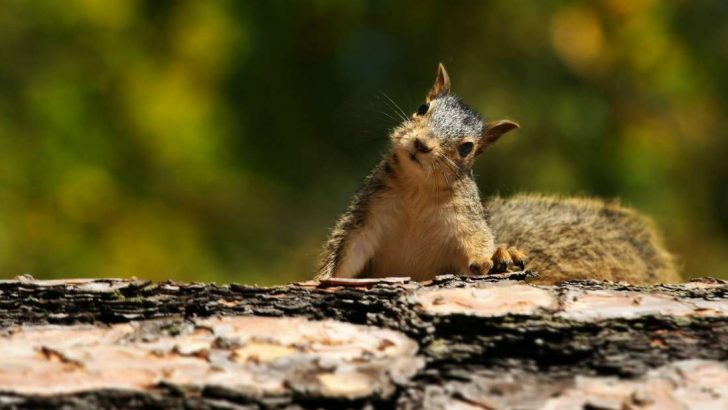Sr Mary Fagan
The beautiful story of creation is recounted to us in Genesis, the first book of the Bible, not as a detailed and accurate description of how God made the world, but to advise humankind of the consequences and the responsibilities of God’s first revelation.
The wonder and beauty of God’s creation has been celebrated throughout history, from the Psalms (Ps.8; Ps.19; Ps.139) through the 13th-Century Canticle of Creation by St Francis right up to today and the awesome Planet Earth television series which commands a greater audience than any ‘reality TV’ programme.
The symbiotic nature of our relationship with the Earth was observed by Thomas Berry CP (1914-2009) the Passionist eco-theologian who claimed that “as humans we are born of the Earth, nourished by the Earth, healed by the Earth” and that the “Earth belongs to itself and to all and to all the members of the community”.
There is little doubt now that the Earth is a living, breathing organism that communicates to us through a wordless language but a language nonetheless.
This language was clearly understood by many generations who treated nature with respect and for whom the very thought of reducing the earth to an object simply for humankind’s use or possession was anathema.
Beneficial
These ‘primitive’ people experienced a relationship with the environment which was mutually beneficial and generative. They realised that care for the environment is a matter of intergenerational solidarity and justice as Pope Francis termed it in his encyclical Laudato Si’ (159). We were given stewardship of the Earth and we have a responsibility to all future generations to take care of this precious gift and to bequeath to them the opportunity to “admire its loveliness and taste its delicious fruits”.
For many centuries we have been deaf to the Earth’s voice, but we urgently need to begin to listen with a willingness to understand and respond. The time has come for us to resist the impulse to control and dominate the cycles of nature purely for our own financial gain.
Scientists estimate we are losing up to 0.1% of all species every year, primarily due to human activity.
These species all have inherent value and are not merely objects for humans to exploit; this is not what was meant by God when granting ‘dominion’ over everything on the earth. Dominion, in this instance, is the same protective relationship that God had over humankind, a protective responsibility to facilitate growth and development.
Pope Francis has called for a new dialogue about how we are shaping the future of the planet, calling for an ecological conversion. In coming issues, I hope to be able to suggest ways we and our parishes can all play our part in this great conversation.


